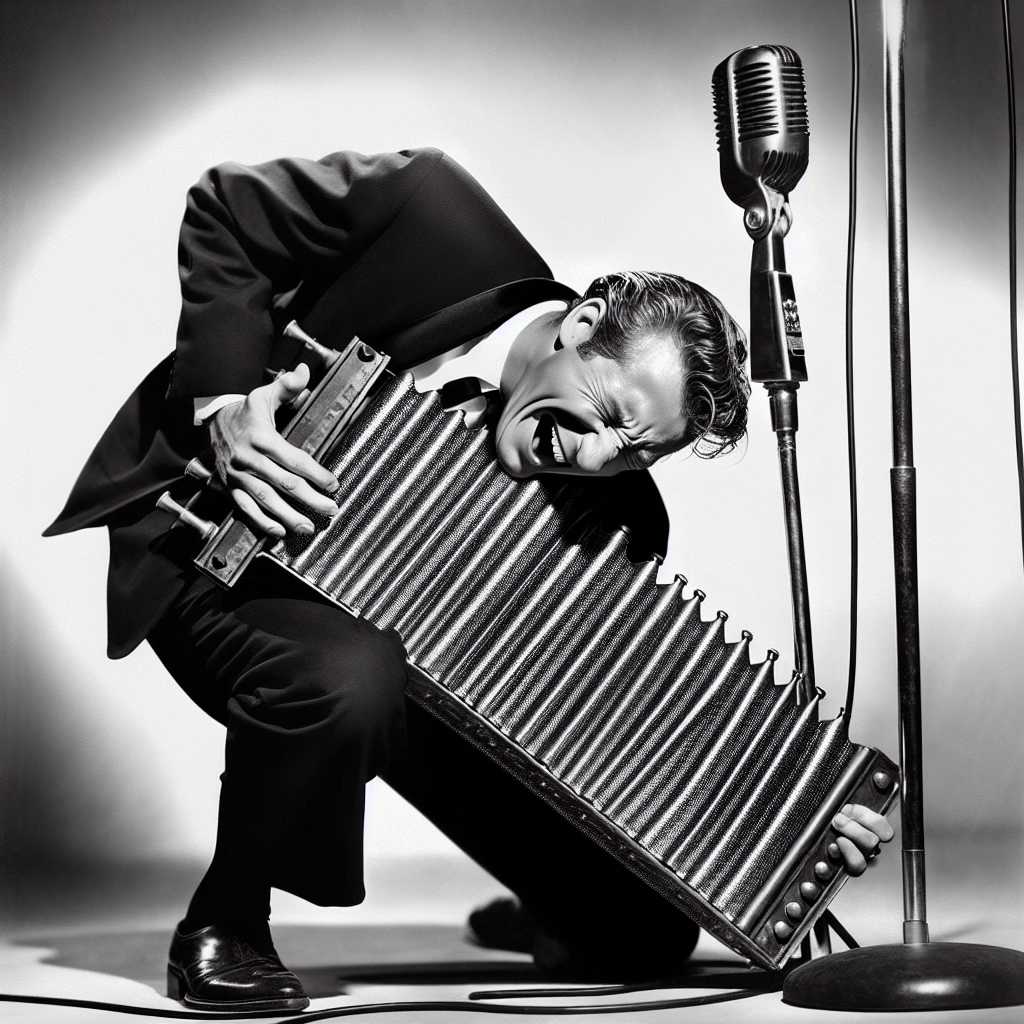The Enduring Legacy of John Mayall, the Godfather of British Blues
John Mayall has been a seminal figure in the world of blues music. Known as the “Godfather of British Blues,” his influential career has spanned decades, leaving an indelible mark on the genre and shaping the artistic journeys of many renowned musicians. This article reflects an unbiased exploration of Mayall’s career, his contributions to blues music, and the legacy he has established through tireless dedication to his craft.
Beginnings and British Blues Boom
The Early Days of John Mayall
John Mayall was born on November 29, 1933, in Macclesfield, England. His exposure to music started at an early age through his father, who was a guitarist and collector of jazz and blues records. It wasn’t long before Mayall began playing instruments himself, showing a particular aptitude for the piano, guitar, and harmonica.
Formation of The Bluesbreakers
By the time the 1960s dawned, Mayall had firmly established his love for the blues and started sowing the seeds for what would become one of his most significant achievements. In 1963, he founded John Mayall & the Bluesbreakers, a band that would eventually serve as a nursery for some of Britain’s most notable rock musicians. Through numerous personnel changes, The Bluesbreakers transitioned into various incarnations over the years.
Fostering Future Legends
The roster of artists who were part of The Bluesbreakers reads like a “Who’s Who” of rock and blues legends. Prominent figures such as Eric Clapton, Peter Green, John McVie, Mick Fleetwood, Mick Taylor, and Aynsley Dunbar took influential strides in their musical journeys while playing in Mayall’s band. Mayall’s knack for recognizing talent allowed these individuals to refine their skills and go on to achieve immense fame with other ventures.
Major Recordings and Accomplishments
Pioneering Albums
Mayall’s discography with The Bluesbreakers is vast and renowned. One cornerstone album is ‘Blues Breakers with Eric Clapton’, often referred to as “The Beano Album” after Clapton’s appearance reading The Beano comic on its cover. Released in 1966, it had an immense impact on the blues and rock scenes, showcasing electrifying guitar work that influenced generations to come.
Another landmark release is ‘A Hard Road’, which featured Peter Green on lead guitar. These albums showcase Mayall’s mastery in fusing traditional blues roots with an innovative rock approach that electrified audiences worldwide.
Solo Journeys
Beyond his achievements with The Bluesbreakers, Mayall’s solo career has also been commendable. With over 60 albums under his belt (including studio records and live performances), he routinely demonstrates a refusal to become stagnant, often experimenting with different sounds, band arrangements, and styles while maintaining a solid foundation in the blues.
Innovative Sound and Musical Evolution
Blending Genres
Mayall was never one to be pigeonholed into one musical avenue. Over time, his sound evolved to incorporate a blend of jazz, rock, and folk influences into his predominantly blues-based work. Jazz fusion elements can be quite felt in recordings like ‘Jazz Blues Fusion’ and ‘Moving On’.
Acclaimed Collaborations
Collaboration has been a significant theme in Mayall’s work course. Appropriately esteemed by peers for staging fascinating get-together sessions with varied musicians, these collabs enriched not only the diversity within his own music but also cemented the artform’s interconnectedness across genres.
Recognition and Influence
Honors and Legacy
Across his lengthy career trajectory, Mayoll has received numerous accolades attesting to his excellence and importance in music history. Inducted into the Blues Hall of Fame in 2015 reflects industry recognition for his formidable role in popularizing blues in Europe and beyond.
His continuous touring lifestyle serves as proof of undying energy and passion for performing live – something that endears him further to fans around the globe. No doubt, Mayall’s fingerprint is deeply embedded in contemporary blues music due to both his own compositions and the illustrious careers he helped propel forward.
Notes
Image description: This image features an iconic black-and-white photograph of John Mayall from his early career years where he is seen playing harmonies on a boisterous harmonic instrument while leaning into a microphone stand adorned with raised-eyebrow enthusiasm and intense stage presence characteristic of him during his live performances.
